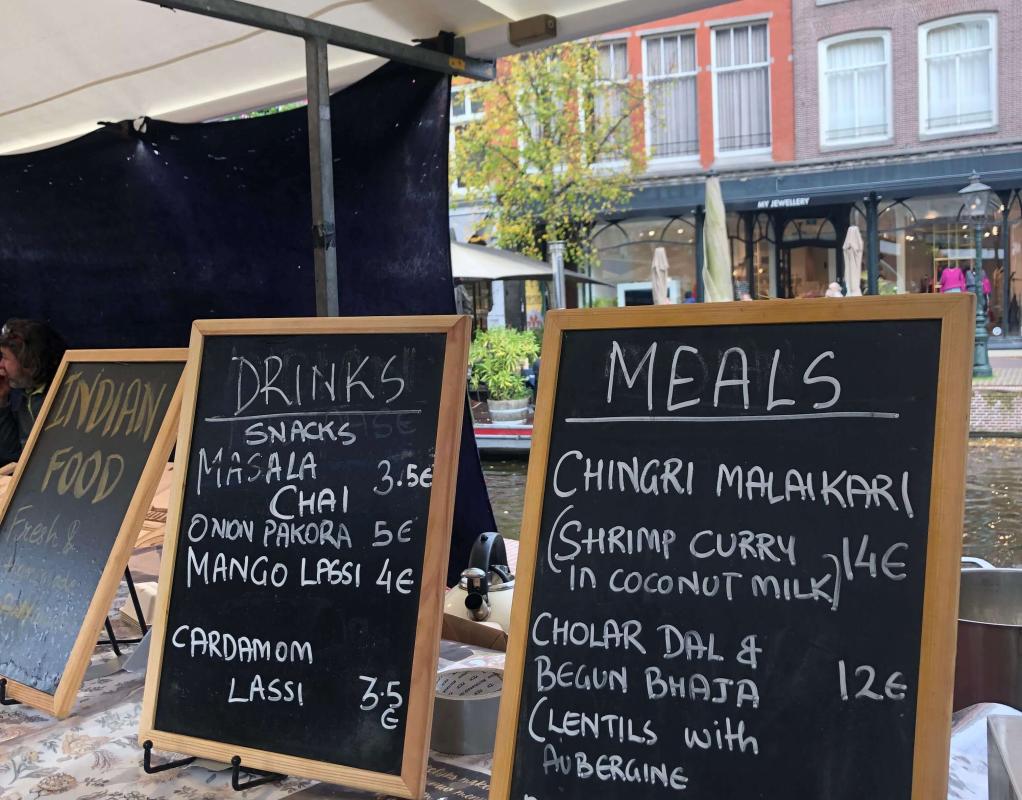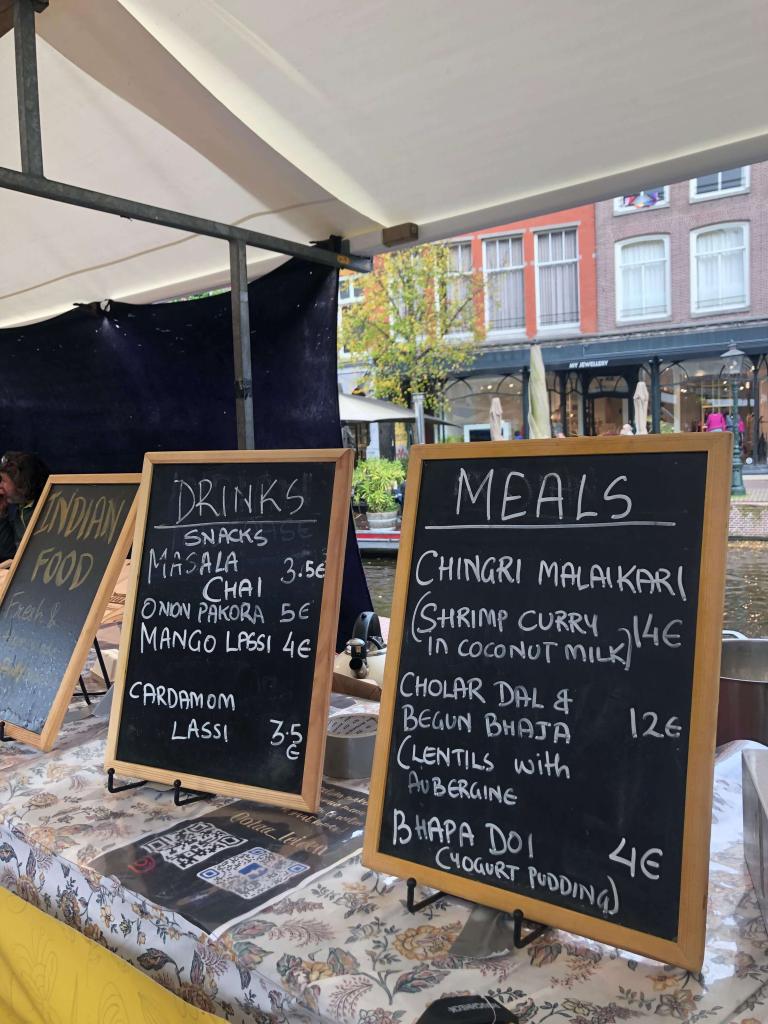Going Dutch or going broke? - Budgeting as an international student in the Netherlands

Some of my favorite Dutch words include korting (discount), gratis (free) and goedkoop (cheap). Is it a coincidence that all of them are related to money? Not at all. Let me tell you why.
Studying in the Netherlands can be expensive. Rent, groceries, transport, tuition – everything adds up. In this blog, I’ll give you a realistic insight into some of my personal expenses and reflect on ways to spend money in a more budget-friendly manner.
Rent
Cost: €675 per month (including utilities).
Let’s start off with the thing that – hands down – costs me a pretty hefty sum each month: rent. This is a tricky one because you can’t be too picky about accommodation in the Netherlands – especially when there is a housing crisis going on.
I live in a house with three other girls and we each have our own rooms but share a bathroom and a kitchen. My room is pretty nice because, by Dutch standards, it’s quite large (20m²) and I have high ceilings and two big windows. Some downsides to where I live are the Dutch stairs that I quite literally have nightmares about and the rent, which I find to be expensive, even though it is the average price for a room in Leiden.
One tip I have for students who are looking to find a place within their budget would be to consider living with roommates. Sharing a house is often cheaper than renting your own place. If you would rather live alone though, there are some ways you can cut costs. If you live in a studio, for example, you might be eligible for huurtoeslag (rent allowance). This is money given to you by the Dutch government to help pay for your rent. Certain conditions apply, such as an age limit, having to live in self-contained accommodation and not having too high an income.
Another tip I have is to consider living a bit out of the city center. Rent is generally cheaper there, plus, it’s often calmer and quieter than in the city center.
Groceries
Cost: ranges between €45-55 per week (€180-220 per month).
I’m always surprised to see how much groceries cost me per month. I do have to say though, that I’m not the most economical when it comes to grocery shopping. I go to the supermarket two to three times a week and even buy expensive food like salmon sometimes – *gasp*.
There are definitely some budget-friendly options when it comes to grocery shopping. For example, you could opt to do your weekly grocery shopping at the street market in your city. Every city in the Netherlands has a street market where everything is deliciously fresh and almost always cheaper. Fresh produce like fruits, veggies, cheese and fish are often more affordable at these markets. It’s a win-win situation because you eat fresher food and you pay less than you would at the supermarket. Plus, they also have stands where they sell fresh stroopwafels, so why not treat yourself? After all, you’ve just saved some money, so the least you can do is spend it on a warm, heavenly stroopwafel that effortlessly melts in your mouth – yum!

Another tip would be to shop at cheaper supermarkets like Aldi, Lidl or Dirk. This is something I don’t do, because I tend to go to the supermarket closest to my place (Dekamarkt), which is not part of the above-mentioned trio of supermarkets. I choose convenience over budgeting, and this costs me (literally!). And if you live closer to a more expensive supermarket like Albert Heijn (or as the Dutch call it, Appie), you can obtain a loyalty card to save some money!
If you would like to save some money and be more sustainable, you can opt for options such as Too Good To Go. This is an app that allows you to buy food that would otherwise go to waste at a cheaper price. So, you’re not only paying less for food, but also fighting food waste! Another sustainable initiative is the Green Kitchen, a bi-weekly vegetarian dinner organized on Sundays in Leiden. The Green Kitchen takes food from the Saturday street market and makes a meal with it. You can sign up to collect the food, cook dinner, clean-up, or simply just join as a dinner guest. I think it’s worth exploring whether there are similar initiatives in other cities!
If you would like more tips on how to budget and save money as an international student in the Netherlands, check out the blogs from our other student ambassadors: Nipuni, Ethan, and Sofia.
